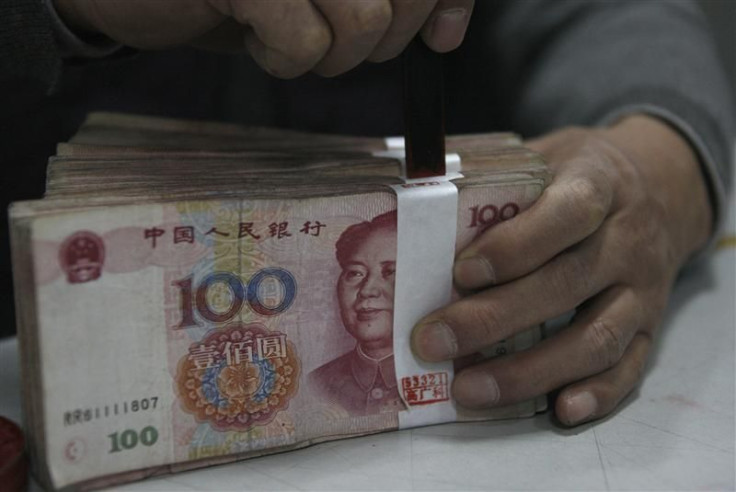China Inflation Rate Slows To 2.2% In June

The rate of inflation in China slowed down in June from the previous month, showing signs of a gradual decline in price pressure to make room for monetary easing.
Data from the National Bureau of Statistics show that the consumer price index of China rose 2.2 percent in June from a year earlier, down from 3 percent in May.
The diminishing inflation should be good news, because it can help the government invigorate growth without much concern about rising prices. China's gross domestic product growth slowed to 8.1 percent in the first quarter, the lowest rate in three years, due to soft global demand and reduced real estate investment in the world's second largest economy. As a result, the government lowered its economic growth target in 2012 to 7.5 percent. In 2011 and 2010, the economy grew at the rate of 9.2 percent and 10.4 percent, respectively.
Last week, the People's Bank of China cut interest rates for a second time this year. The one-year benchmark lending rate will fall by 31 bps, taking it to 6 percent. This easing in the monetary policy is seen as a much-needed thrust to boost liquidity in the financial system and help the economy regain its growth momentum.
Previously, the World Bank reported that China's export-and-investment-driven economic model, though successful for decades, was no longer sustainable and reforms were needed to prevent a sudden slump in growth. The World Bank said that the country's economic growth would slow down to 5 to 6 percent annually by 2030 and a major overhaul would be needed to sustain even that level.
Earlier, Beijing said that China's consumer price inflation target for the year would be around 4 percent. The government said it wanted to promote steady, robust economic development, keep prices stable, guard against financial risks by keeping money and credit supplies at appropriate levels and be cautious and flexible.
The decrease in inflation has raised hopes that China will further cut the cash reserve ratio. Inflation may no longer be the main concern of policymakers, and the government may have more space to loosen monetary policies and make supporting economic growth a priority. Instead of fighting inflation, the most urgent priority for China appears to be the pro-growth policy stance against the current uncertain global situation.
© Copyright IBTimes 2025. All rights reserved.





















